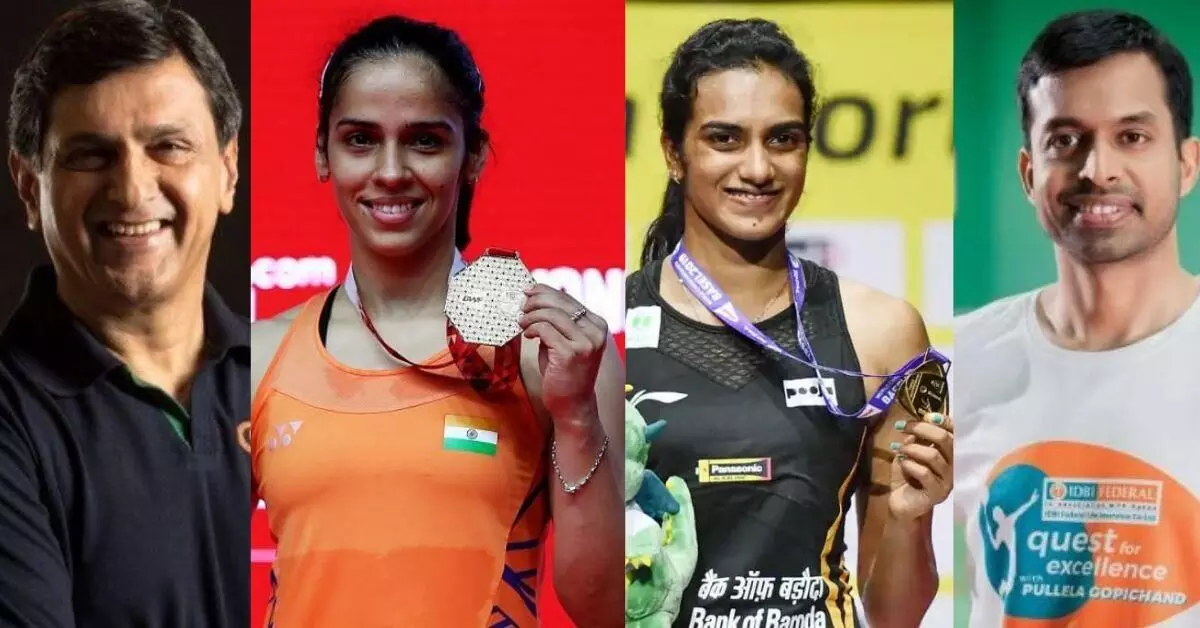Badminton
Indian badminton players shouldn't rest with medal, focus should be on future - Prakash Padukone
In an exclusive chat, Indian badminton legend Prakash Padukone assesses the Olympics outing and reflects on the future development of the sport.
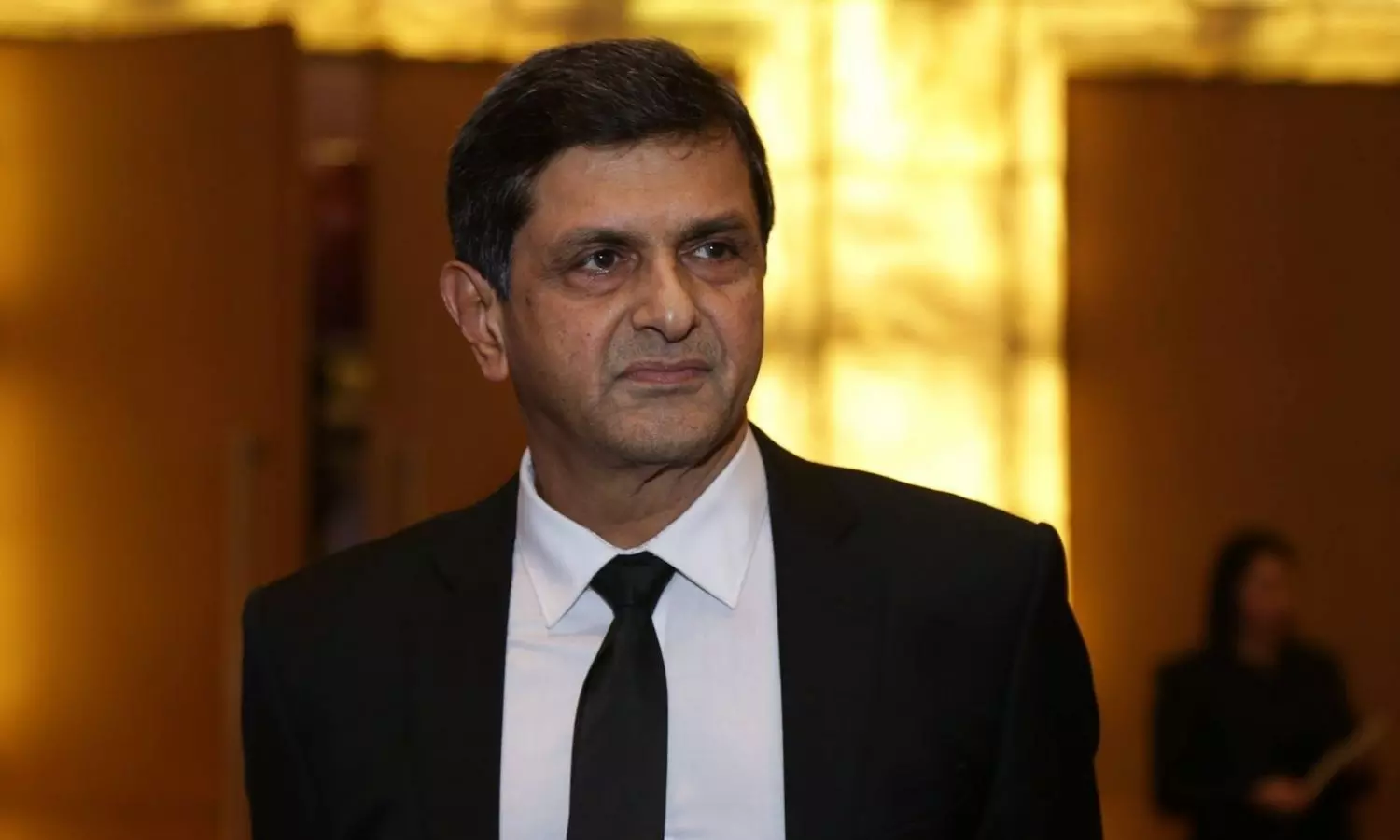
Nearly 41 years ago, Indian badminton had quietly but surely changed at the Wembley Stadium as Prakash Padukone, then 25, lifted the prestigious All England title in 1980 after defeating arch-rival Liem Swie King in straight games. Little did people imagine the boom that badminton was to see soon — it was an impatient, agonising wait but the locks had been turned on the doors of change.
It is 2021 now and the Indian badminton contingent has just capped off a spectacular run at both the Tokyo Olympics as well as the Tokyo Paralympics. In fact, it has been badminton that has fetched a majority of the eyeballs and the laurels, in both the events. With the hangover still nigh in the air, against a balmy Bengaluru sky, dim-lit with warm dusk light, Prakash Padukone, with keen, bespectacled eyes settled in for an exclusive chat with The Bridge - surveying expertly and concocting the amalgamation of past, future and present of Indian badminton.
Reliving the Olympics fever
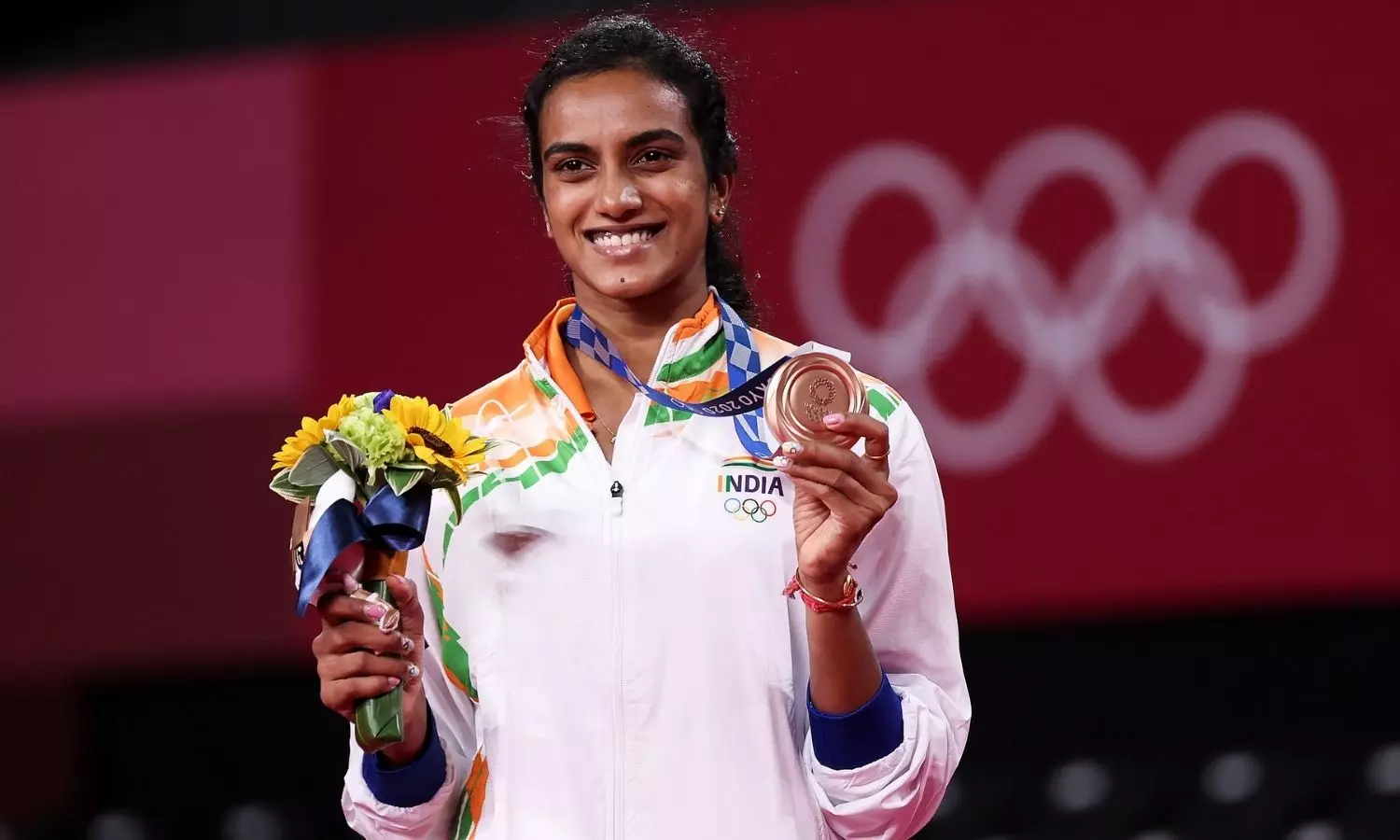
The euphoria is kept subdued in his voice as he doles out constructively yet astutely, "On the whole, it has been a good performance — I think, the best-ever for India in both the Olympics and the Paralympics. But I feel we could've done a little better. Ideally, I would have been happier with 10 medals from the Olympics instead of the 7 we got. It was well within our reach," Padukone pointed out, reflecting on India's Tokyo outing.
Diagnosing the shortcoming at the Olympics further, Prakash Padukone noted, "The shooters were a bit of a disappointment. But all of them are very young, most of them took part for the very first time...but they have beaten the gold medallists in other competitions, so it wasn't like we were expecting a lot from them," he candidly mentions.
"They just had to repeat what they had achieved earlier. But I think, the tension of playing in the Olympics, winning a medal at the Olympics is something totally different and I think that showed - you need experience on your side to win a medal at the Olympics," Padukone said, sympathetically.
Good Morning India 🇮🇳 💫😊
— Dept of Sports MYAS (@IndiaSports) August 9, 2021
"Arise , Awake and Stop Not until the goal is achieved."
Long way to go... #Cheer4India 💙 pic.twitter.com/wKoQzqZxwi
However, the Arjuna awardee isn't one to paint a half-drawn picture and gathered, "Overall, we have done well. But considering the amount of money that the government - Sports Ministry, the SAI, the private foundations has spent, we could have done a little better - 10 was within our grasp. There is scope for improvement going forward," Padukone said optimistically.
Looking towards badminton specifically, Padukone lauded the double Olympic champion PV Sindhu for her feats. With a smile playing on his lips, Padukone mentioned, "PV Sindhu did well to get her second medal at the Olympics even though it was a bronze, it is a good achievement but then again, over there also, she probably could have done a little better," twinning with our thoughts and recapturing the emotions we felt, both against Carolina Marin in Rio 2016 and against Tai Tzu-Ying in Tokyo 2020. "But, that said, she has been fairly consistent in all the big competitions - the Olympics, the World Championships, she has done well there," Padukone duly noted.
2016 🥈 & 2020 🥉 🏸
— Sachin Tendulkar (@sachin_rt) August 1, 2021
What an achievement to win 2️⃣ Olympic medals for 🇮🇳, @Pvsindhu1!
You have made the whole nation very very proud.#Badminton #Olympics #Tokyo2020 pic.twitter.com/9qsaqwcQsh
However, while Sindhu still returned with a bronze, it was a stark picture for 2019 World Championships bronze medallist, Sai Praneeth who failed to win a single group stage match, crashing out most unceremoniously. "Men's singles was a little disappointing, we should have done better. The men's doubles duo (Satwiksairaj Rankireddy-Chirag Shetty) was perhaps unlucky, not to go to the next round, but they exceeded their expectations and played better than they were capable of. On the whole, we can look forward to winning a few more medals at the Olympics."
It was a 🥉 place medal for #IND 🇮🇳 thanks to @Pvsindhu1!
— Olympics (@Olympics) August 13, 2021
She was brilliant on her way to bronze at Tokyo's women's singles #badminton tournament.#StrongerTogether pic.twitter.com/DHOPsHHjSa
If the Olympics brought a lone medal, the Tokyo Paralympics surely lifted the moods up as Pramod Bhagat and Krishna Nagar brought gold while IAS officer-cum-badminton player Suhas Yathiraj clinched the silver and Manoj Sarkar won the bronze, making it a spectacular outing of the Vinod Khanna-coached troupe. "At the Paralympics, badminton players have done exceedingly well, it shows the depth and popularity of the sport," the Indian badminton legend noted.
After PV Sindhu, who will carry the baton?
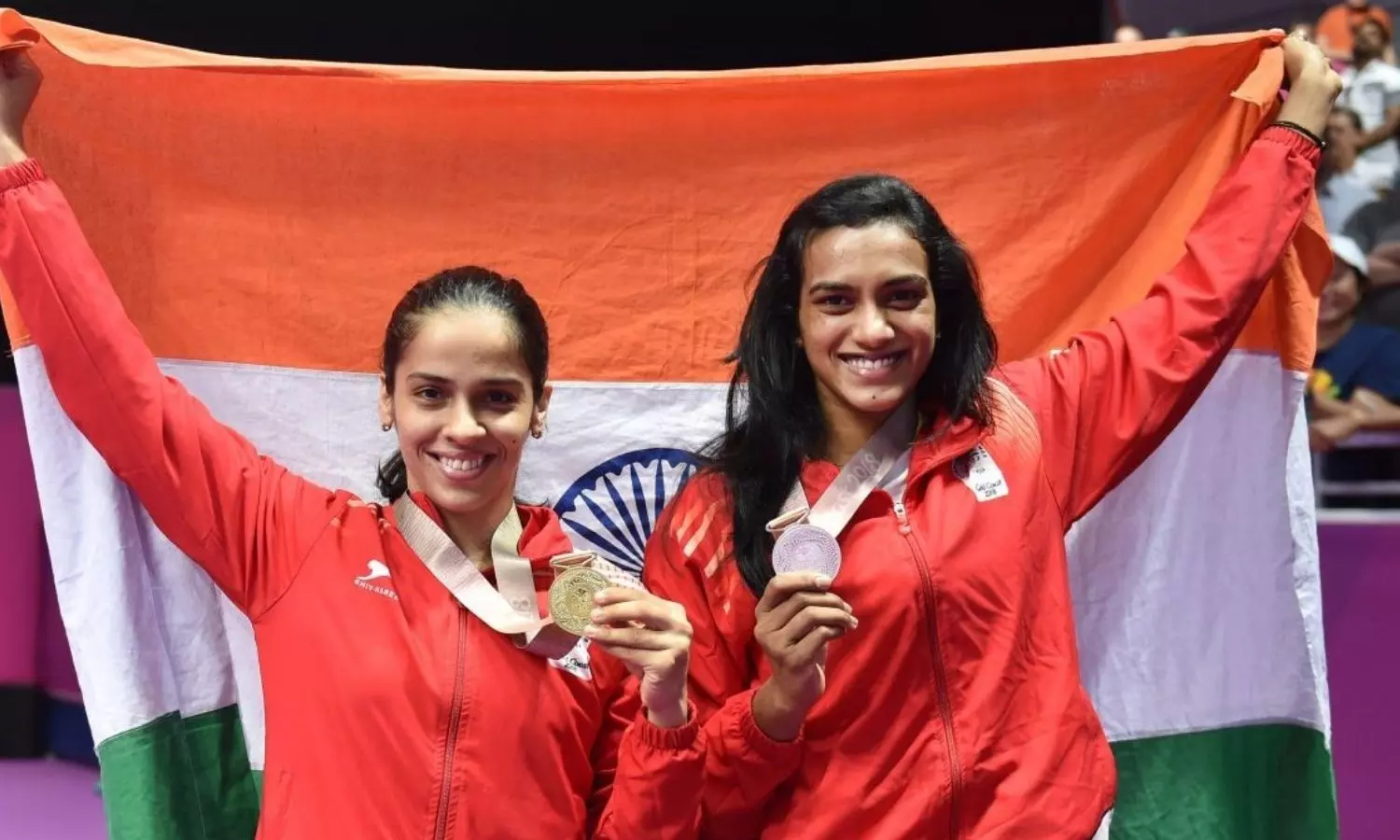
However, there is a larger picture to look at beyond the one which the Tokyo Olympics and Paralympics ushered in. The questions crop up - What next, now? The battle to reach the top echelons of the sport dominated by China, Denmark, Japan, Malaysia and Indonesia and South Korea have only just begun.
In India, the names somehow still stop at Saina Nehwal and PV Sindhu when it comes to female players, which is a big strain of concern feels Prakash Padukone, who has watched the sport become what it is today over the last few decades.
"Especially in the women's singles, for the last 3-4 years, we don't have depth after Saina and Sindhu. You ask any badminton player to name even one player after Sindhu, and I can't think of any player who is doing reasonably well at the international level," Padukone ruefully puts forth.
"While we are celebrating Sindhu's success, it is also a bit of a reality check that there is nobody to follow up and I think the BAI needs to follow up and try to produce some good ladies singles players," the Padma Shri awardee advises.
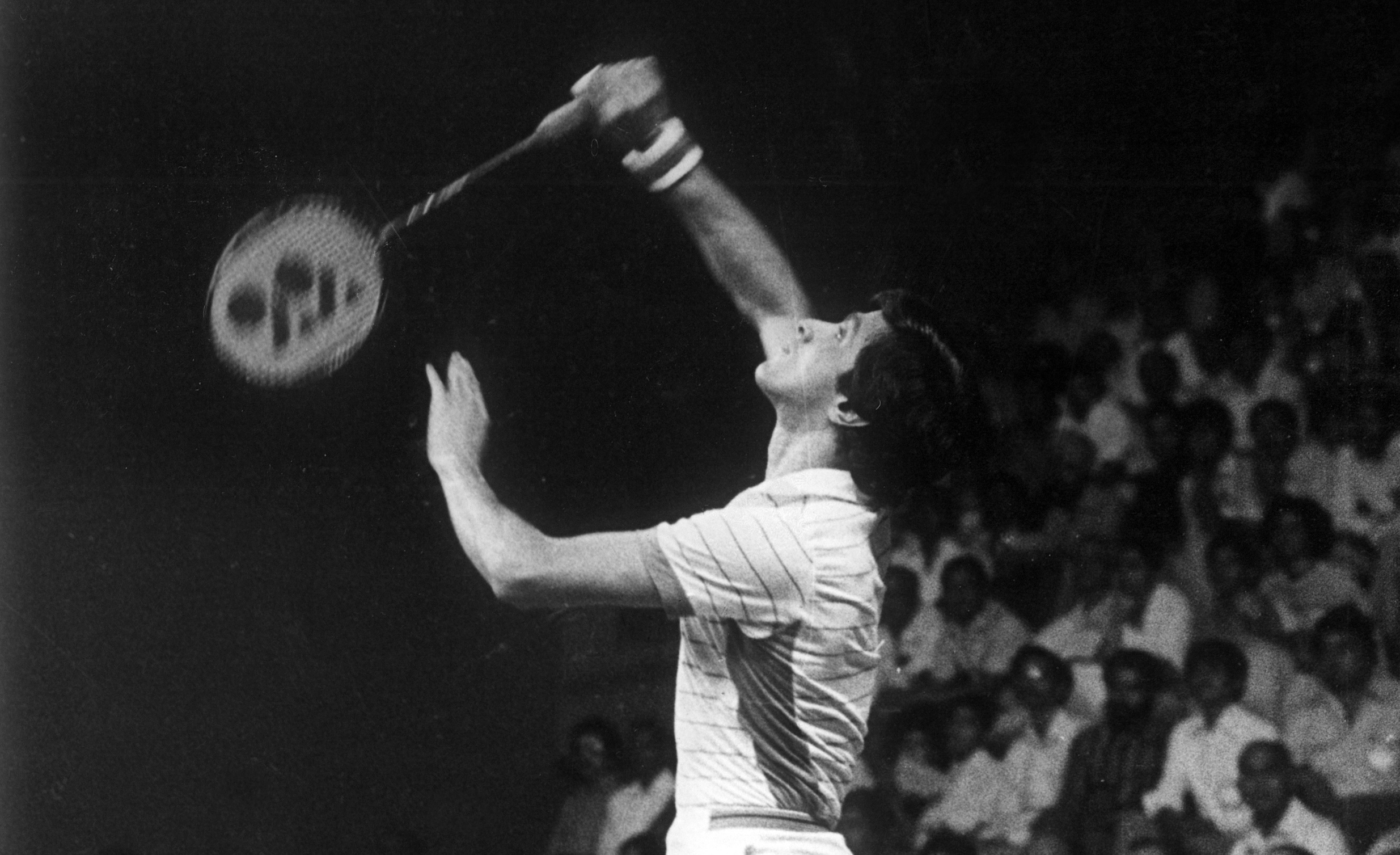
While we keep seeing medals coming in, we shouldn't, by any means, lose our focus from the job at hand as that could cost the future of Indian badminton - getting carried away by wins is not suggested when a larger body of work remains to be done.
"We should not rest on the laurels of what is happening - that is what happens in most sports. In the 1980s, it was me winning and my successes were being celebrated for the next 15-20 years," Padukone recalls. "In that period, there was not even one player, we don't want a thing like that to happen here. Although the depth is fairly good now, we need to identify areas and events where we can do better, focus and produce players in all five categories."
The big badminton boom - when will it come?
Although we have been medalling consistently at the Olympics and winning medals at the World Championships, Padukone feels that we are far from the pinnacle in Indian badminton. There has been consistency in the sport by the Indians but a lack of ample production of quality international players is also a pressing concern.
"Pinnacle is not easy here - the pinnacle would be to win all 5 events - Men's Singles, Doubles, Women's Singles, Doubles and the Mixed event. I don't see this happening in the near future because there are other countries also and the competition is getting tougher but we are on the right track – but again, we can do a lot more with a little more active planning from the BAI. They should be more focussed and have a plan for the future as there is a lot of potential," the 1978 CWG gold medallist strongly advocates.
🇮🇳 @satwiksairaj & @Shettychirag04 recall the biggest moments of their burgeoning badminton career.#BadmintonUnlimited pic.twitter.com/K0nVBWUwzW
— BWF (@bwfmedia) September 20, 2021
There have been changes taking place in the Indian badminton scene and the focus has definitely shifted from the singles, especially after pairs like Ashwini Ponnappa and N Sikki Reddy and on the other hand, the duo of Satwik-Chirag excelling in paired events. "Earlier we would only be good in singles but now that we have specialist coaches for doubles also and some of the younger players are taking up doubles from an early age - it's possible hence. A lot of work needs to be done here," Padukone notes.
While reaching the pinnacle is still a far-fetched dream for India, the road to it has already been uncovered. "If we can get 2-3 medals in the same Olympics, the colour doesn't matter, I would say that would be the day," Padukone mentions with a hopeful smile.
Tough chances in upcoming tourneys - Sudirman Cup and Thomas & Uber Cup
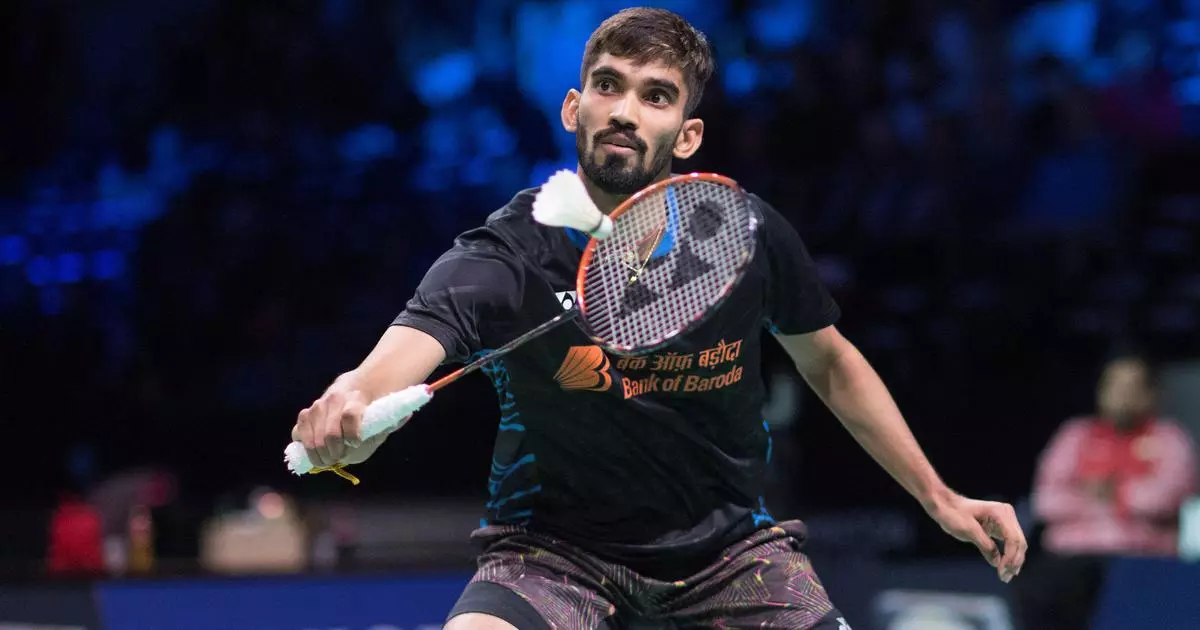
Up next on India's cards are a string of tournaments that will prove to be challenging for the badminton contingent. Firstly, the Sudirman Cup (September 6-October 3) will take place in Vantaa, Finland while the Thomas & Uber Cup events will be held next month. (October 9-October 17) at Aarhus, Denmark.
In both events, the onus will be on former World No. 1's Saina Nehwal and Kidambi Srikanth to steer the ship and get back to their winning ways after having failed to make the cut for the Tokyo Games. The reigning World Champion and Tokyo bronze medallist, PV Sindhu, won't be in action and thus, India's chances will be further dreary. While Saina will only resume in the Uber Cup, it will be Kidambi with the helmsman's duty for both Sudirman and Thomas Cup.
"It would be a tough call. It won't be easy. We are placed in a fairly tough group. Nehwal is not at her best, like she was 5-6 years back. If Sindhu was playing, then one match victory could have been assured. But the scenario is much better than before - earlier, we'd have to depend only on the singles but right now, we have hope in doubles as well," Padukone analyses, with the Sudirman Cup on his mind.
𝐄𝐍𝐑𝐎𝐔𝐓𝐄 𝐅𝐈𝐍𝐋𝐀𝐍𝐃 🛬
— BAI Media (@BAI_Media) September 22, 2021
Team 🇮🇳 pose for a photo at Doha airport as they march towards Vantaa, 🇫🇮 for #SudirmanCup2021 😃#IndiaontheRise#badminton pic.twitter.com/b07TCwCCf3
At the Sudirman Cup, which consists of 3 paired events and 2 singles, India found success only in the singles earlier and would win those two matches but end up conceding all 3 of the doubles encounters. Things have changed now and doubles isn't such a big letdown anymore, instead it has hope.
However, at the Sudirman Cup, India's draw is most tricky as they are placed in Group A with defending champion China, Thailand and Finland in the mix. In the Thomas Cup, India has been drawn in Group C with China, Netherlands and Tahiti while Uber Cup has the women in Group B with Scotland, Thailand and Spain in the mix.
"We are also placed in the higher groups now, so it won't be easy. We used to be in Group C or D earlier but now we have progressed. We have to be at our best to create an upset. Men's Singles, Women's Singles, Men's Doubles and perhaps the Mixed Doubles also we can win. Our weakest link will be the Women's Doubles. Out of the remaining 4, we need to at least win 3 of them to secure the tie," Padukone relays about the September 26 event.
Here are the draws for #ThomasUberCups!
— BWF (@bwfmedia) August 18, 2021
What do you think 👇🤔#Aarhus2020 #RaiseARacket 🏸 pic.twitter.com/T4KkFI50sH
With the major responsibility on Srikanth and Nehwal to deliver, inspire and lead from the front, there are a lot of tricky hurdles to overcome in the upcoming tourneys. "Kidambi and Saina have had a lot of time to train. They have a lot of experience, they are veterans, so they don't need match exposure. They should be in good shape when they come back. Generally, when you come back after some time, you must have spent time on your physical training, going to gym, which you generally can't do when you are on the tour and preparing for the next event," Padukone feels, a strain of optimism definitely sounding in his voice.
Padukone Sports Management (PSM): The need for grassroots-centric development

It's one job to produce Olympic medallists and another to see the all-around growth of the sport. Prakash Padukone, who has been the greatest pioneer of the sport in the country is currently helming the Prakash Padukone Badminton Academy (PPBA) and looking into the development of the sport through the body of Padukone Sports Management (PSM). The PSM believes in making badminton accessible for everyone across every strata of the society. Dedicating special attention towards the grassroots sector and nurturing the passion of youngsters interested in the sport, PSM seeks to nourish the talent right from the grassroots level and help it grow as that is the only way India can truly translate their successes in badminton in the form of Olympic medals, in the long run.
"Getting an Olympic medal from the Academy (PPBA) would be the ultimate goal," the veteran player-turned-coach reveals, when asked about his plans. "Right now we have quite a few youngsters who need to be groomed. Some promising players are there, so we are hoping to get a foreign coach and that will create a big difference. It will help and add in the performance of the players. In the next 6 months, if we can get a foreign coach, then our Academy players can do better. The potential is there, but it needs fine-tuning," Padukone notes, a lot of ideas buzzing around his head, awaiting execution.
While PPBA dedicates itself in producing champion players, PSM is concerned with players of every ground, stemming from a motley background, united by the passion of badminton. "PSM is focusing on grassroots - not only on players who play badminton tournaments, but also amateur players, casual players - our focus is to provide quality coaching for them," Padukone notes.
"Foundation is very important in any sport and right now, apart from a very few centres, there is no such proper structure. Lot of players have become coaches but not necessarily with the right technique. Playing is different, coaching is different. We are trying to standardise a certain method of coaching," he mentions, the dreams of a structured set-up of the sport brewing strongly.
"There are enough academies to take care of the excellence part, throughout the country. We'll be more like feeder centres here - if the raw material is good, it is easier. Foundation is important, players need to start with the right technique," Padukone repeatedly emphasizes, the future of Indian badminton constantly playing on his mind.
The iron is hot, BAI needs to strike
It has been an uphill battle for sure but a lot of victories have been won in the process and Indian badminton has only expanded itself exponentially with the possibility to surge always imminent in the air, given the rich talent pool at our disposal. "I'm excited that the sport has grown so much from the 70s and 80s," Padukone reflects, "It's probably the second-most popular sport after cricket in the country, in terms of consistent performance of the players, in terms of media coverage, in terms of money and new infrastructure, new players taking up the stage. Not only for playing it professionally but also just for fitness, that's a very good sign. That is evident in the number of courts coming up, even in Tier-2 and Tier-3 cities," the co-founder of the Olympics Gold Quest platform relays.
However, all that glitters will definitely not be gold and Indian badminton has the same dilemma at hand. There has been a sharp rise and the victories have started pouring in, but there is a larger and longer battle to be fought and it will have to be the BAI who will have to do the giant's share of work to achieve that success.
"The sport is booming but there is a scarcity of qualified coaches. The BAI has a tough task on their hands on how to grow the game. They need a few good advisors to plan, they need vision and competent people on board who can deliver," Padukone categorically suggests. "Otherwise we will keep doing well this way and not improve, but things have changed over the past decade, so we need new ideas, new innovation, new way of thinking and execution," he mentions. Finally, to tap into the real success pond, Padukone advises, " We need to bring in a sense of professionalism in the administration of the BAI, if we do that, sky's the limit," he mentions with a smile, as the night sky behind him grows blue, impatiently awaiting better dawns for Indian badminton soon.

